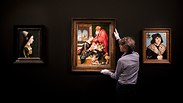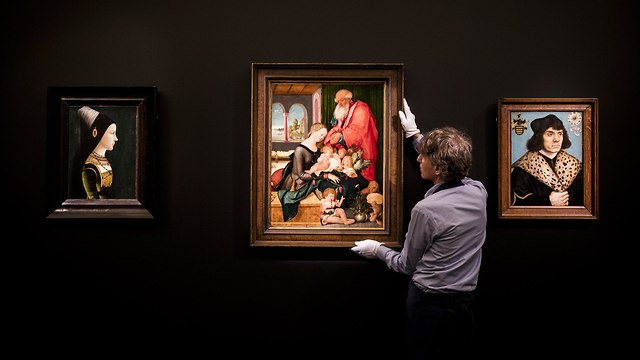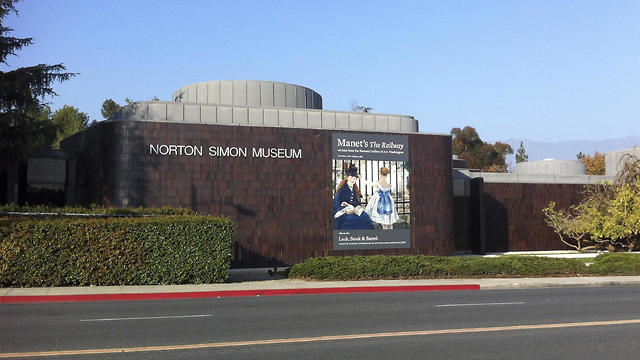
A federal appeals court on Monday said the Norton Simon Museum can keep two 16th century masterpieces depicting Adam and Eve by the German Renaissance painter Lucas Cranach the Elder, which had been looted by the Nazis during World War Two.
The 9th US Circuit Court of Appeals ruled 3-0 against Marei von Saher, who has been suing the Pasadena, California-based museum for 11 years to reclaim the paintings, taken by the Nazis in a forced sale after her father-in-law, Jewish art dealer Jacques Goudstikker, fled the Netherlands in 1940.
Circuit Judge Margaret McKeown said the "act of state" doctrine validated the 1966 sale of the paintings by the Dutch government, which by then owned them, to George Stroganoff-Scherbatoff, a onetime US Navy commander and descendant of Russian aristocracy.
He sold them in 1971 to the museum, which has displayed them ever since.
Lawrence Kaye, a lawyer for von Saher, said he was "obviously disappointed" and would review the decision with his client.
"Today's decision should finally put this matter to rest," the museum said in a statement.
Many lawsuits seek to reclaim art taken or sold after Adolf Hitler took power in Germany in 1933.
This includes the 6-1/4 foot (1.9 meters) tall Cranach panels, which had been purchased by Nazi Reichsmarschall Hermann Goering at a fraction of their value.
In August 2016, US District Judge John Walter in Los Angeles ruled that the paintings belonged to the museum.
He said that under Dutch law, the Cranachs had been "enemy" property belonging to Goering, and that title had passed to the Dutch government, which had a right to sell them to Stroganoff.
Upholding that ruling, McKeown instead invoked the act of state doctrine, where US courts typically defer to foreign governments' sovereign actions, and avoid interfering with the executive branch's ability to conduct foreign policy.
She said ruling for von Saher would require nullifying three "official" Dutch government actions: the 1966 sale to Stroganoff, a 1999 decision not to restore von Saher's rights, and a 2006 decision that her claim had been "settled."
"Without question, the Nazi plunder of artwork was a moral atrocity that compels an appropriate governmental response," McKeown wrote for the Pasadena-based appeals court.
"But the record ... reveals an official conveyance from the Dutch government to Stroganoff thrice 'settled' by Dutch authorities. For all the reasons the doctrine exists, we decline the invitation to invalidate the official actions of the Netherlands."
The case is von Saher v Norton Simon Museum of Art at Pasadena et al, 9th US Circuit Court of Appeals, No. 16-58308.



















